We’re happy to let the borders mature over the next few years, dividing perennials once big enough, and adding in the odd acquisition from time to time. In the meantime, for an enjoyable display for this season, we bought some great value shake and rake seed boxes from ALDI - at £1.49 a pop. The Season Long Flower and Cottage Garden mixtures between them contained 30,000 seeds, in over 35 varieties, all the old favourites like cornflowers, calendula, nigella etc plus things we’d never heard of before, like Hare’s Ear, Nodding Catchfly and Siberian Wallfower.
Every morning we take a look at the borders, and it’s a huge pleasure to see what’s popping up, unfurling, and, this last week or so, starting to flower. The packet does say that varieties may differ from the front image and can be replaced due to crop and seasonal circumstances, and among the plants not mentioned there which have appeared are coriander and fennel, both very welcome.
One seedling however, featuring two semicircles with a flat edge, was very unfamiliar. We were fascinated to see about six examples in the border, and watched to see what would unfold. After a couple of weeks, alarming thoughts came to mind. The seedling was beginning to look distinctly like it might be that most feared garden escape of all - the dreaded Japanese knotweed!
Action stations!
We went through all the plants named on the packet and looked at images of each one on the internet to see if we could identify it.
We looked at blogs, images, you-tubes etc of knotweed - and googled for images of seedlings with similar characteristics.
We went painstakingly through our gardening and botanical reference books.
We still weren’t sure whether this was the culprit, but in the meantime the anxiety was growing faster than the plant: if it was JK, it would very likely take drastic measures to eradicate it, and what’s more it might even have a sizeable effect on the value of our property.
Hell, what to do? We couldn’t ask the neighbours.
I belong to a Facebook gardening group and asked what the best plant identifying app was (I’m fairly app-averse so have very few on my phone).
“Why not post a picture on here?” several people suggested, “With over 600 members, someone will know any plant, no need for an app.”
Yeah, but they might report us to the Knotweed Police!!!
We were losing sleep by now. Time to grasp the nettle and download an app.
I snapped one of our merrily burgeoning offenders and uploaded it.
We could have sobbed on each other’s shoulders...
It’s bloody buckwheat!
No ambiguity about it! Buckwheat without a shadow of a doubt! Thank you, modern technology!
Ironically enough, had we leafed through our trusty Organic Gardening Catalogue, we would have found easily identifiable photographs of it in the Green Manure Section ...
Anyway, panic over, it’s growing nicely in the border. We like buckwheat.
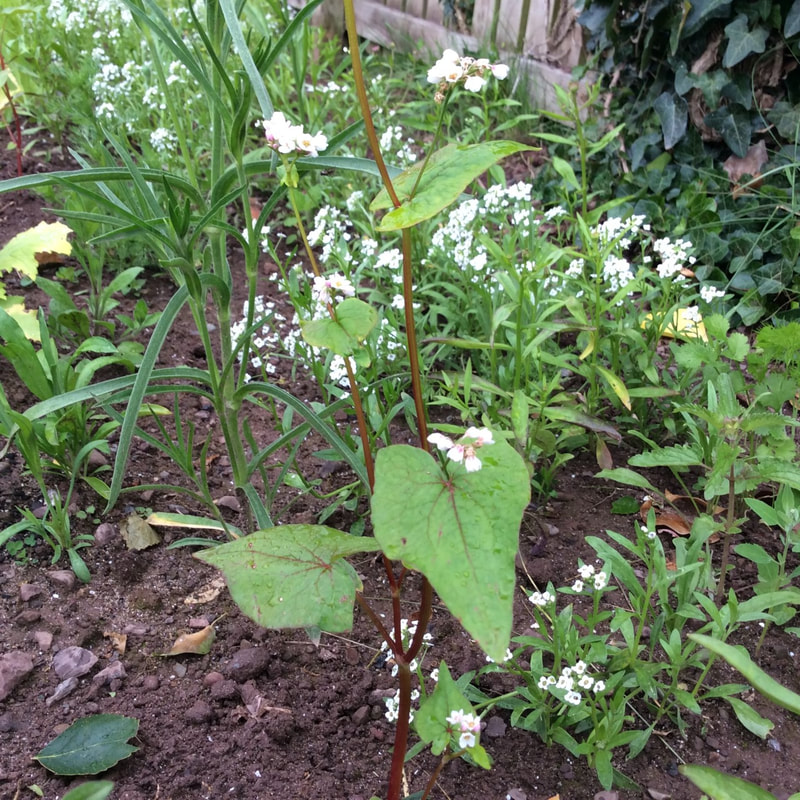


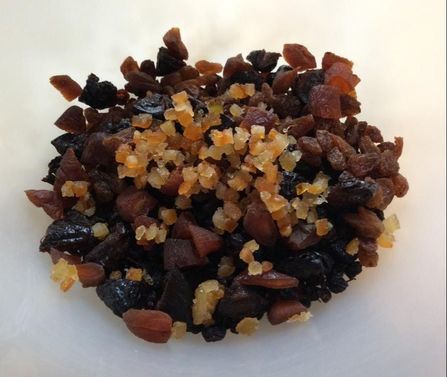
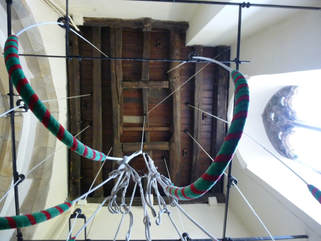
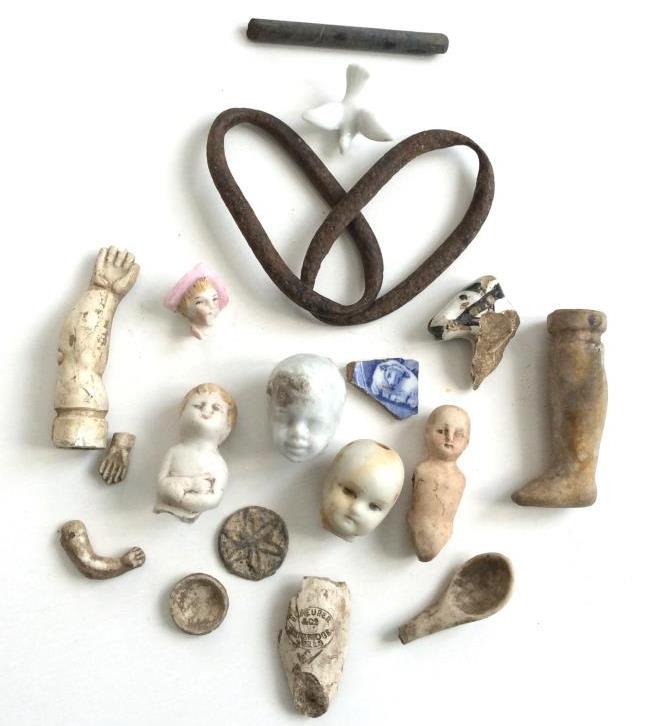
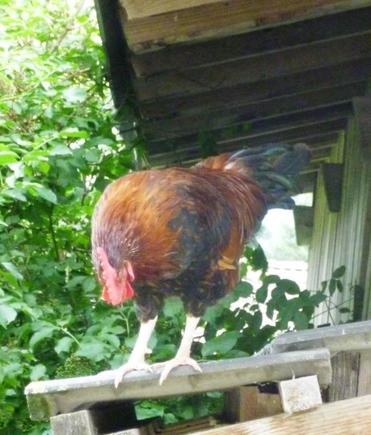
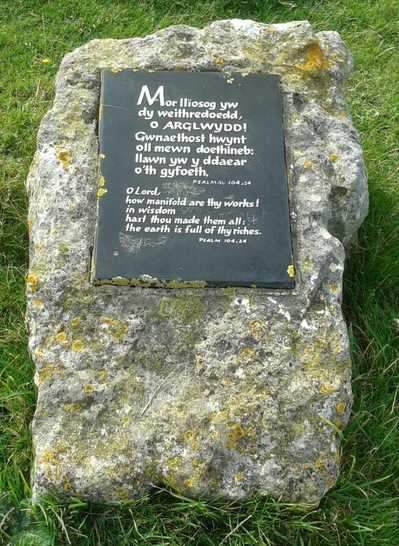

 RSS Feed
RSS Feed
